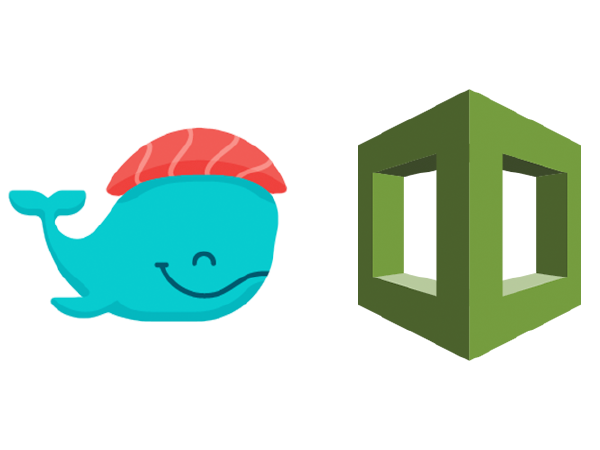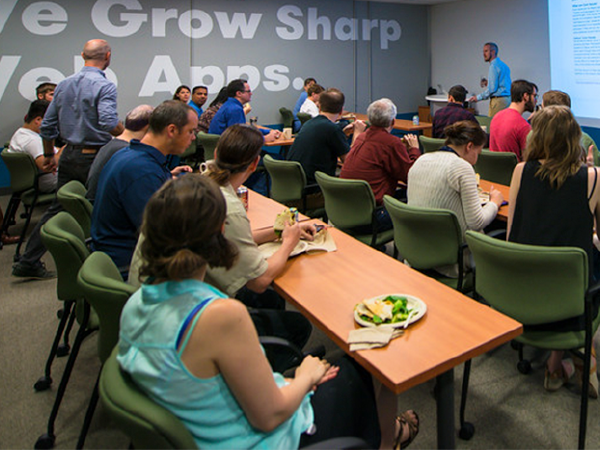Caktus Blog
2017

CSS Tip: Fixed Headers and Section Anchors
Fixed headers are a common design pattern that keeps navigation essentials in easy reach as users meander down a page. Keeping a header fixed as the user scrolls can free up horizontal space for smaller devices by avoiding sidebars, and keeps your branding visible.

Automating Dokku Setup with AWS Managed Services
Dokku is a great little tool. It lets
you set up your own virtual machine (VM) to facilitate quick and easy
Heroku-like deployments through a git push command. Builds are fast,
and updating environment variables is easy. The problem is that Dokku
includes all of your services on a single instance. When you run your
database on the Dokku instance, you risk losing it (and any data that's
not yet backed up) should your VM suddenly fail.

User-Centered Navigation Design
Designing navigation that will support the needs of website users is one of the more important aspects of site usability. At Caktus we practice iterative, user-centered navigation design, which includes user feedback.

Eliciting Helpful Stakeholder Feedback
Client feedback is integral to the success of a project and as a product owner, obtaining it is part of your responsibility. Good feedback is not synonymous with positive or negative feedback. A client should feel empowered and comfortable enough to speak up when something isn’t right. If they wait to share their honest thoughts, there is a high chance it will cost more time and money to fix down the road.

The Importance of Developer Communities
Go to any major city and you will be able to find a user group for just about every major, modern programming language. Developers meet in their off hours to discuss what’s new in their language of choice, challenges they’ve encountered, and different ways of doing things. If you’ve never been to one of these groups, it might be easy to brush them off as an unimportant outlet where people talk in way too much detail about a geeky interest. Instead, most of the attendees are professionals who are looking to build skills and find new ways to solve problems.

Commuter Benefits and Encouraging Sustainable Commuting
Growth for Durham has meant a lot of great things for Caktus, from an expanding pool of tech talent to an increased interest in civic-minded tech solutions to shape the evolving community. This growth has also brought logistical challenges. Most recently, this meant providing adequate commuter support to our employees in a city whose transportation infrastructure is still nascent.

Caktus 10th Anniversary Event
Caktus turned ten this year and we recently celebrated with a party at our office in Durham, NC. We wouldn’t be where we are today without our employees, clients, family, and friends, so this wasn’t just a celebration of Caktus. It was a celebration of the relationships the company is built on.

False Peaks and Temporary Code
In the day-to-day work of building new software and maintaining old software, we can easily lose sight of the bigger picture. I think we can find perspective when we step back and walk through the evolution of a single piece of software.

Quick Tips: How to Change Your Name in JIRA
In May 2017, Atlassian rolled out the new Atlassian ID feature, which gives Atlassian product users a central Atlassian account that holds their user details. When this change occurred, our integration with G Suite combined with the Atlassian ID feature to result in some users with strange display names in JIRA, which I (as the JIRA admin) can’t fix since users now control their own profile. However, they don’t control their profile through JIRA. So, how does one change the names that display in JIRA for their users? (Hint: you can’t do it through User Management.)

Tips for Product Ownership and Project Management in a Client Services Organization
Looking for some pointers to improve my own client management skills, I scoured the internet to find practical ideas on how to handle challenges better as the product owner (PO) in a client-services organization. I came up completely short.